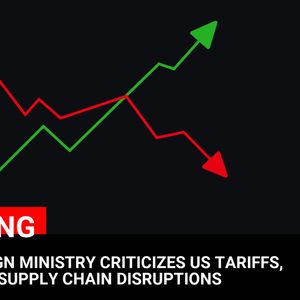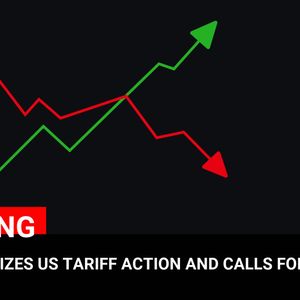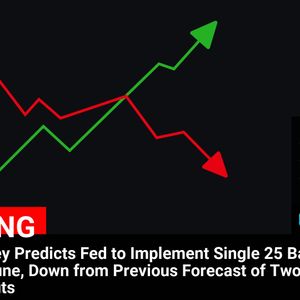On December 10, the Reserve Bank of New Zealand (RBNZ) released findings from its recent public consultation on a potential central bank digital currency (CBDC), revealing widespread skepticism. Results Highlight Limited Interest in Digital Cash The consultation, conducted between April and July 2024, sought opinions on the necessity of a CBDC for New Zealand’s economy. It gathered feedback from 500 written submissions and 18,000 survey responses. According to the consultation results , only 16% of respondents supported the RBNZ’s decision to establish a CBDC to ensure access to central bank money in digital form while fostering innovation in the New Zealand economy. We recently asked people all over the country their thoughts on a proposed digital currency for New Zealand – Digital Cash. It had the highest-ever response to any consultation we've run, with more than 500 written submissions and 18,000 online survey responses. Find out what we… pic.twitter.com/S0SYqubaVp — Reserve Bank of NZ (@ReserveBankofNZ) December 10, 2024 Privacy and security concerns emerged as major concerns for the respondents. A significant 90% expressed worries about government overreach, emphasizing fears of financial surveillance. Many respondents cautioned that CBDC concerns include potential data misuse, with one participant warning, “Even if not intended for intrusive purposes now, a CBDC could evolve into a tool for monitoring financial behavior.” Most respondents indicated they see little need for features like real-time balance updates and automated payments, with 65% dismissing such functionalities. Privacy, Autonomy, and the Role of Cryptocurrencies Respondents also highlighted the advantages of cryptocurrencies like Bitcoin and Ethereum , which they view as offering better privacy and decentralization. While some participants considered stablecoins a viable alternative, RBNZ Governor Adrian Orr criticized this perspective, describing stablecoins as “inherently unstable and not a viable replacement for traditional currency.” The RBNZ has acknowledged public concerns, stating that privacy and autonomy will be key focus areas moving forward. The central bank plans to explore legislative and technological solutions to address these issues. “These issues will form the backbone of our end-user strategy,” the RBNZ noted. Director Ian Woolford reassured citizens in 2024 that “the central bank will not control or see how you spend your money.” He clarified that digital cash would coexist with physical cash and support offline payments via digital wallets, cards, or mobile apps. Worldwide Debate on CBDC The consultation findings come as central banks worldwide debate the role of CBDCs in their economies. Unlike New Zealand, countries like China have pushed ahead with digital currency pilots. Nevertheless, China has faced serious challenges in widespread adoption due to the user base of popular payment platforms like Alipay and WeChat Pay, making it difficult for consumers to transition to the state-backed currency. The global decline in enthusiasm for CBDCs among central banks adds context to New Zealand’s skepticism. A survey by the Official Monetary and Financial Institutions Forum (OMFIF) found that only 13% of central bankers supported CBDCs as a solution in 2024, a significant drop from 31% in 2023. Instead, many prefer interlinking instant payment systems like the U.S. FedNow, reflecting a broader hesitation toward digital currencies worldwide. The post New Zealanders Skeptical of CBDCs: Survey Reveals Privacy Concerns appeared first on Cryptonews .



















